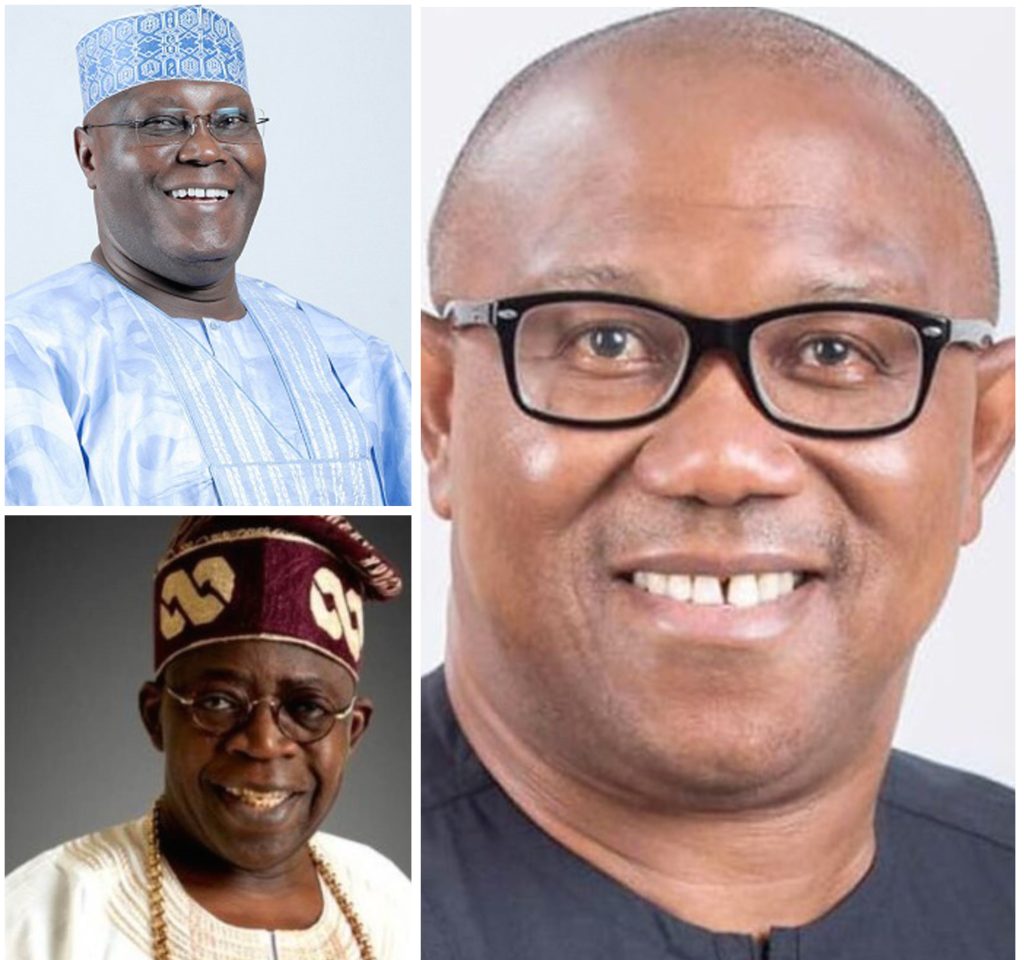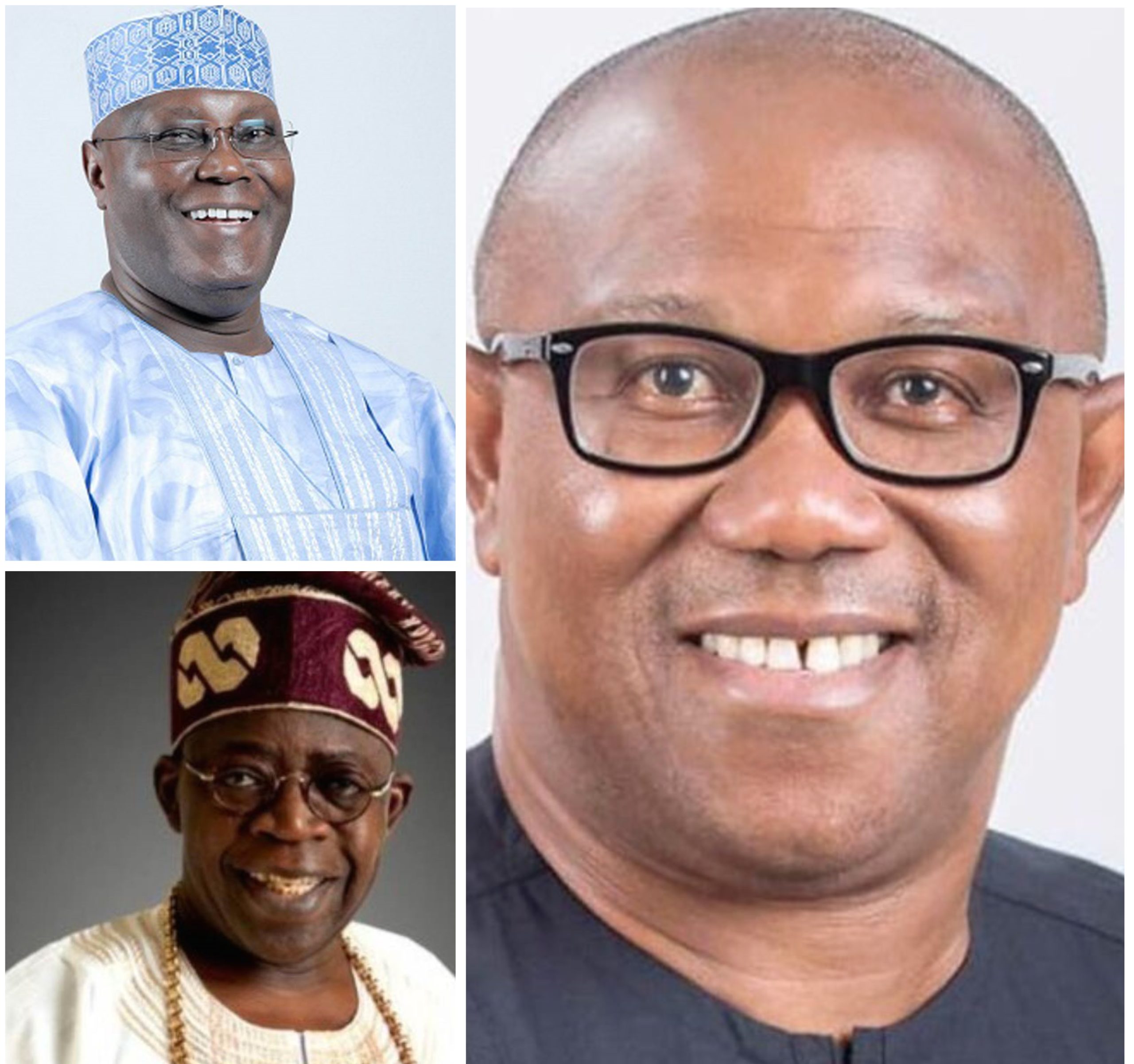
The Supreme Court has initiated the proceedings in the appeal made by the Peoples Democratic Party (PDP), Labour Party (LP), and Allied Peoples Movement (APM), with the aim of invalidating President Bola Tinubu’s election.
Leading the panel of seven justices is Justice Inyang Okoro, who is joined by Justice Helen Ogunwumiju, Justice Ibrahim Saulawa, Justice Adamu Jauro, Justice Tijani Abubakar, Justice Emmanuel Agim, and Justice Lawal Garba.
In attendance are the National Chairman of the All Progressives Congress (APC), Abdullahi Ganduje; Julius Abure, the chairman of the LP; Femi Gbajabiamila, the Chief of Staff to the President; Nuhu Ribadu, the National Security Adviser (NSA), and various other loyal party members.
The Supreme Court is set to consider Atiku Abubakar’s motion, in which he aims to present new evidence supporting his claim that President Tinubu presented a forged certificate to the Independent National Electoral Commission (INEC).
During the hearing on Monday, Chris Uche, representing Atiku Abubakar, was the first to address the court regarding the results from Chicago State University (CSU). Uche emphasized the gravity and constitutional significance of the certificate issue, urging the Supreme Court to admit it as fresh evidence. He asserted that the court has a responsibility to scrutinize the certificate without getting caught up in technicalities.
In response to Uche’s argument, Justice Inyang Okoro inquired whether the Supreme Court should base its decision on the Electoral Act or the Constitution. Uche countered that the matter is of constitutional nature and should be examined by the court.
Justice Emmanuel Agim inquired about the content and character of the new documents Atiku intends to present to the court.
He also inquired whether the testimony given by the CSU Registrar was provided within a formal court setting.
Justice Okoro inquired of Uche the reason for his request that the Supreme Court disregard constitutional provisions and consider the new evidence.
Uche clarified that his request is rooted in the authority granted to the court by section 233 of the constitution, which enables it to assess the legitimacy of an individual’s election.
In response, Wole Olanikpekun, representing President Bola Tinubu, emphasized the clarity of the 180-day limit and expressed doubts about how the court would categorize Atiku’s new evidence. He labeled it an application in a fantastical realm and argued that it should be dismissed for its lack of merit.
He emphasized that the court is obligated to adhere to the existing laws, interpreting them as they stand rather than how they might be idealized.
Uche addressed the concern regarding the CSU proceedings, noting a subtle difference between legal processes in the United States and the United Kingdom.
“In the US, that is how court proceedings are done.
“Mr Tinubu was represented by a US lawyer, but he did not object to the proceedings being held in Atiku’s lawyer’s law office.”
Uche pointed out that sworn depositions hold greater weight than letters from CSU authorities in establishing the authenticity of Mr. Tinubu’s academic records.
Justice Okoro observed that criminal matters require proof beyond reasonable doubt, but in this instance, there are two contradictory letters from CSU: one affirming the authenticity of the president’s certificate and another casting doubt on it. He asked Mr. Uche which of these letters the court should trust.
Uche directed the court’s attention to a previous letter addressed to Michael Enahoro-Ebah, a lawyer who testified on Atiku’s behalf against Mr. Tinubu at the Presidential Election Petition Court in Abuja.
INEC’s lawyer, Abubakar Mahmoud, urged the Supreme Court to reject Atiku’s application to submit Mr. Tinubu’s academic records.
Olanikpekun also argued that fresh evidence should not be admissible at this stage.
He contended that the CSU depositions remain inactive until the deponent appears in court to testify. He further argued that INEC should have been involved in the deposition proceedings in the United States.
Olanipekun also asserted that the 180-day limit (the statutory period for filing and resolving an election petition) is unambiguous and inviolable. It cannot be altered. Consequently, Atiku cannot attempt to introduce new evidence at the Supreme Court.
Akin Olujinmi, representing the APC, echoed that the application lacks merit and is misconceived. He urged the court to reject it. He emphasized that Atiku cannot introduce a document to the Supreme Court without first presenting it in the trial court.
Olujinmi stressed that the onus is on Atiku to demonstrate why the Supreme Court should admit the fresh evidence.
Uche replied to the legal team representing Tinubu concerning the CSU proceedings, affirming that the CSU depositions are admissible in the Nigerian court.
The court has adjourned and will resume in five minutes.

